In the bustling city of Columbus, Ohio, a new paradigm in early childhood education is emerging—farm-to-table learning. This transformative approach seeks to seamlessly integrate agricultural education into the daily curriculum of local daycares, providing young learners with immersive, hands-on experiences that extend beyond traditional classroom boundaries.
In this exploration, we delve into the diverse benefits and practical strategies associated with the implementation of farm-to-table learning in Columbus daycares.
The Educational Significance of Farm-to-Table Learning
At the heart of farm-to-table learning lies a paradigm shift in education. This innovative approach exposes children in institutions like Daycare & Early Learning Academy Cloumbus Ohio, to the entire life cycle of food production, from planting seeds to harvesting crops and even understanding the essential role of livestock. By immersing young minds in this holistic agricultural experience, arm-to-table learning lays the foundation for a profound understanding of the origins of the food they consume, fostering not only healthy eating habits but also a keen sense of environmental stewardship.
Creating Learning Gardens: Cultivating a Connection to Nature
The establishment of learning gardens at institutions like Daycare & Early Learning Academy Cloumbus Ohio is the cornerstone of Farm-to-Table Learning. These verdant spaces serve as living classrooms, allowing children to participate in the cultivation of plants actively.
From planting seeds to nurturing young sprouts, children not only learn about the life cycle of plants but also develop essential life skills such as responsibility, patience and teamwork. Learning gardens become vibrant hubs where curiosity blossoms alongside the greenery, fostering a genuine connection to the natural world.
Animal Companions in Daycare: A Lesson in Responsibility
An integral component of farm-to-table learning is the introduction of child-friendly farm animals into Columbus daycares. Whether it’s caring for chickens, rabbits or guinea pigs, children in Daycare & Early Learning Academy Cloumbus Ohio engage in meaningful interactions that extend beyond traditional classroom boundaries. This direct experience with animals imparts valuable lessons in responsibility, empathy and understanding the symbiotic relationship between humans and the animal kingdom. Farm animals become not just companions but living educators, enriching the overall farm-to-table learning experience.
Farm Field Trips: Bringing the Classroom to the Countryside
The inclusion of field trips to local farms amplifies the impact of farm-to-table learning. These excursions provide the children going to advantage early learning academy Columbus daycare with a tangible connection between theoretical classroom lessons and the real-world practices of farming.
Whether exploring apple orchards, dairy farms or vegetable fields, these visits offer first-hand experiences that deepen children’s understanding of the origins of their food. Farm field trips transform abstract concepts into tangible realities, fostering a lasting appreciation for the diverse facets of agriculture.
Culinary Adventures: Cooking and Nutrition Education
Farm-to-table learning extends beyond the garden to the kitchen, where children actively participate in preparing meals using fresh, locally sourced ingredients. Cooking activities not only teach fundamental culinary skills but also emphasize the importance of nutrition and healthy eating habits.
This hands-on approach transforms the daycare setting into a dynamic learning kitchen. Here, children not only understand the journey of their food from farm to table but also actively engage in its preparation, fostering a holistic appreciation for the entire culinary process.
Community Engagement and Sustainable Practices
Farm-to-table learning in Columbus daycares is not an isolated educational endeavor but a community-driven initiative. Collaborating with local farmers, businesses and community members creates a network of support that enhances the educational experience.
Moreover, the incorporation of sustainable practices, such as composting and recycling, instills environmental responsibility in young learners. By actively engaging with the community and embracing sustainability, Farm-to-Table Learning becomes a catalyst for positive change that extends far beyond the daycare walls, fostering a sense of interconnectedness and responsibility.
Conclusion
In Columbus, Ohio, farm-to-table learning transcends being a mere educational concept; it is a transformative journey that nurtures a profound connection between children and the agricultural world that sustains them. By seamlessly integrating agricultural education into the fabric of early childhood curriculum, a typical advantage early learning academy is sowing the seeds of knowledge, responsibility and environmental stewardship.
Farm-to-table learning is not just a program—it is a vibrant exploration that enriches young minds and cultivates a lifelong appreciation for the intersection of nature, food and learning. It also sets the stage for a future generation of environmentally conscious and well-informed individuals.
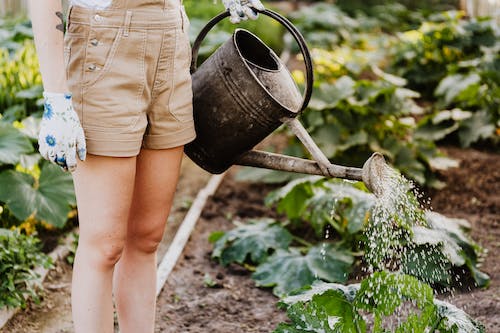
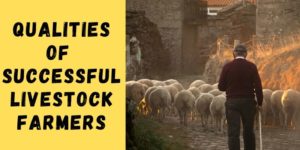
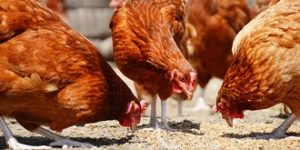

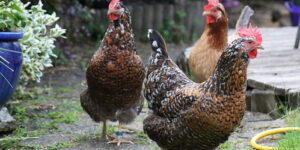

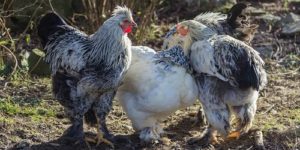

Hi,
I will like to discuss a project on livestock with you. Kindly let me know the number I can use to reach you.
Thanks.